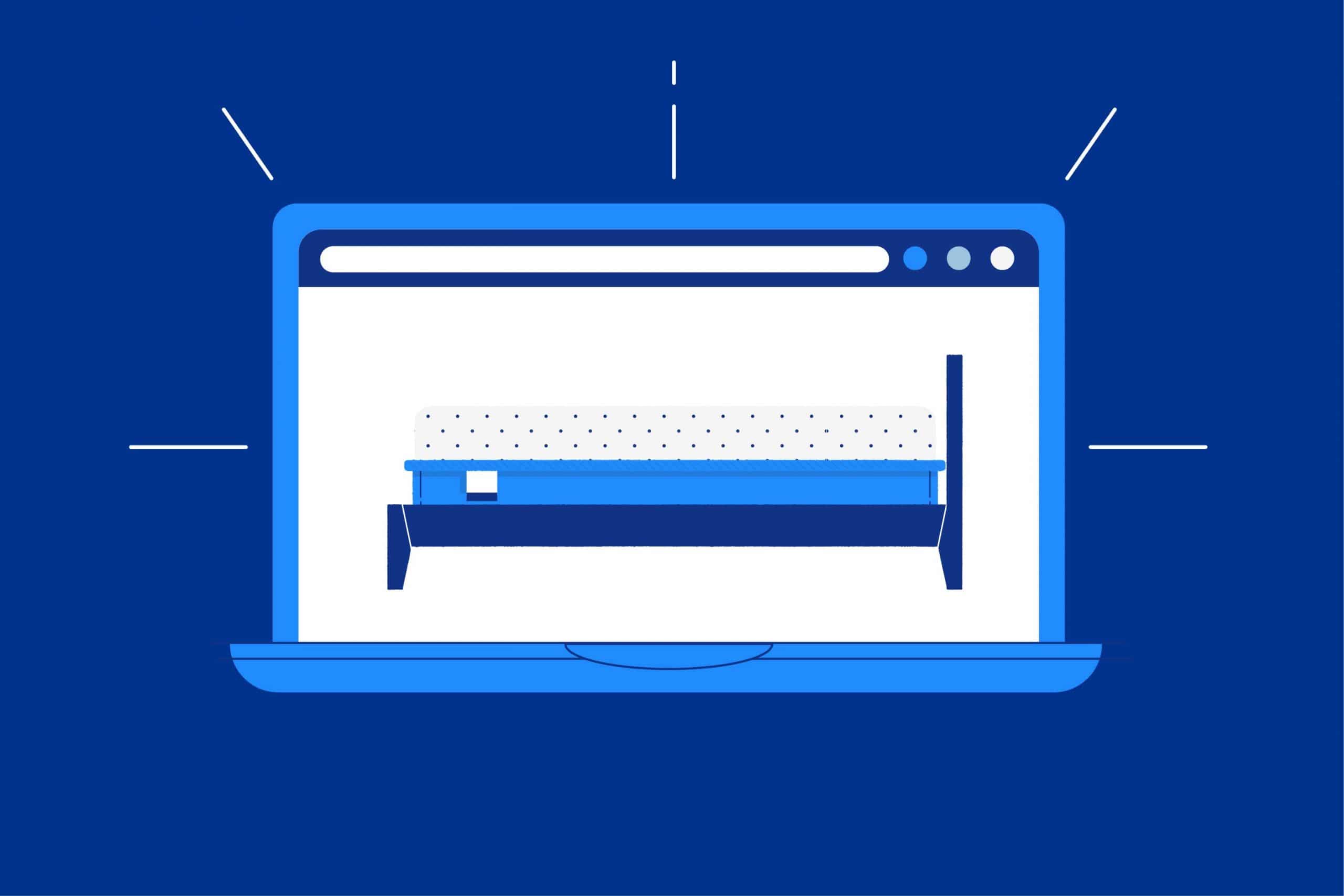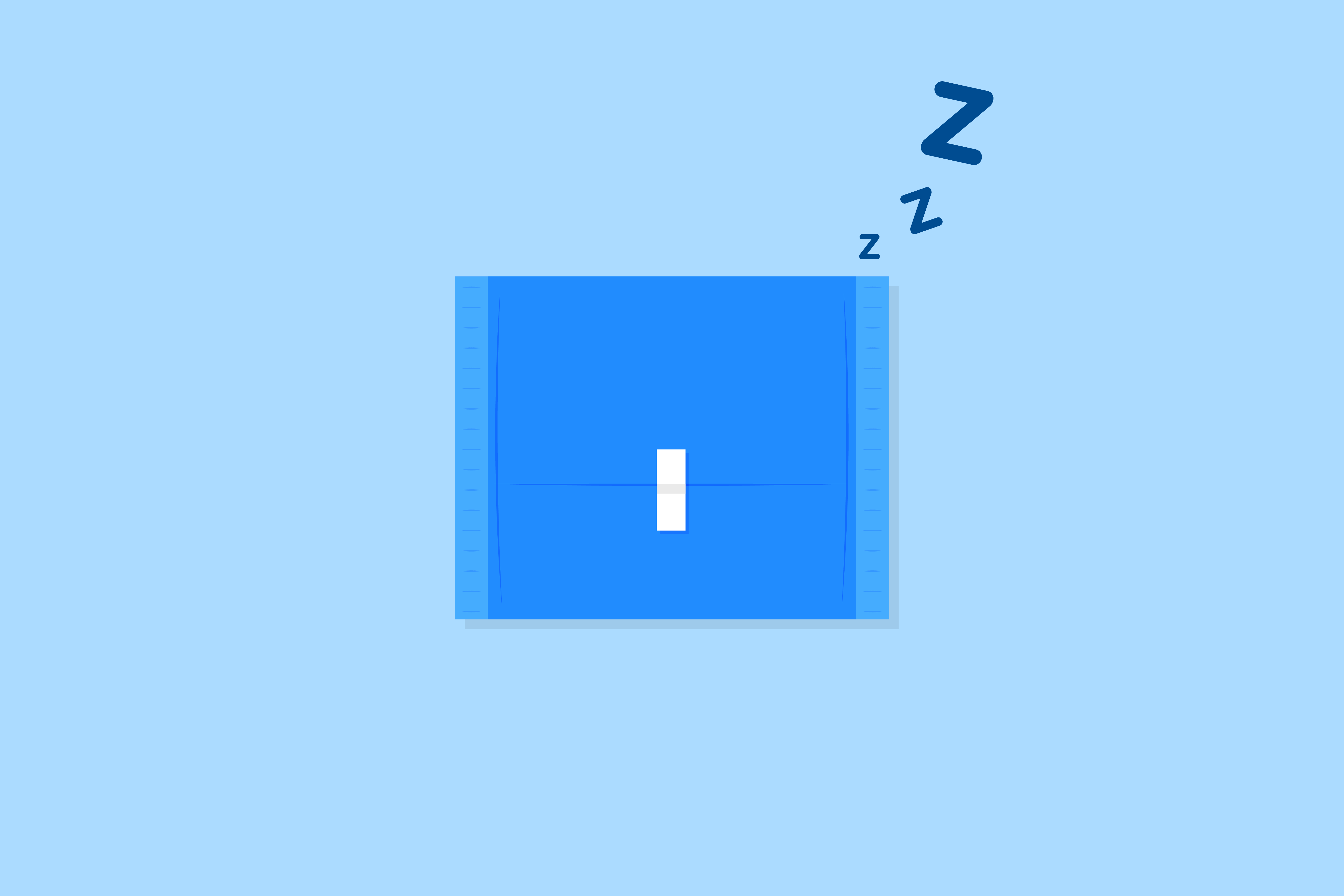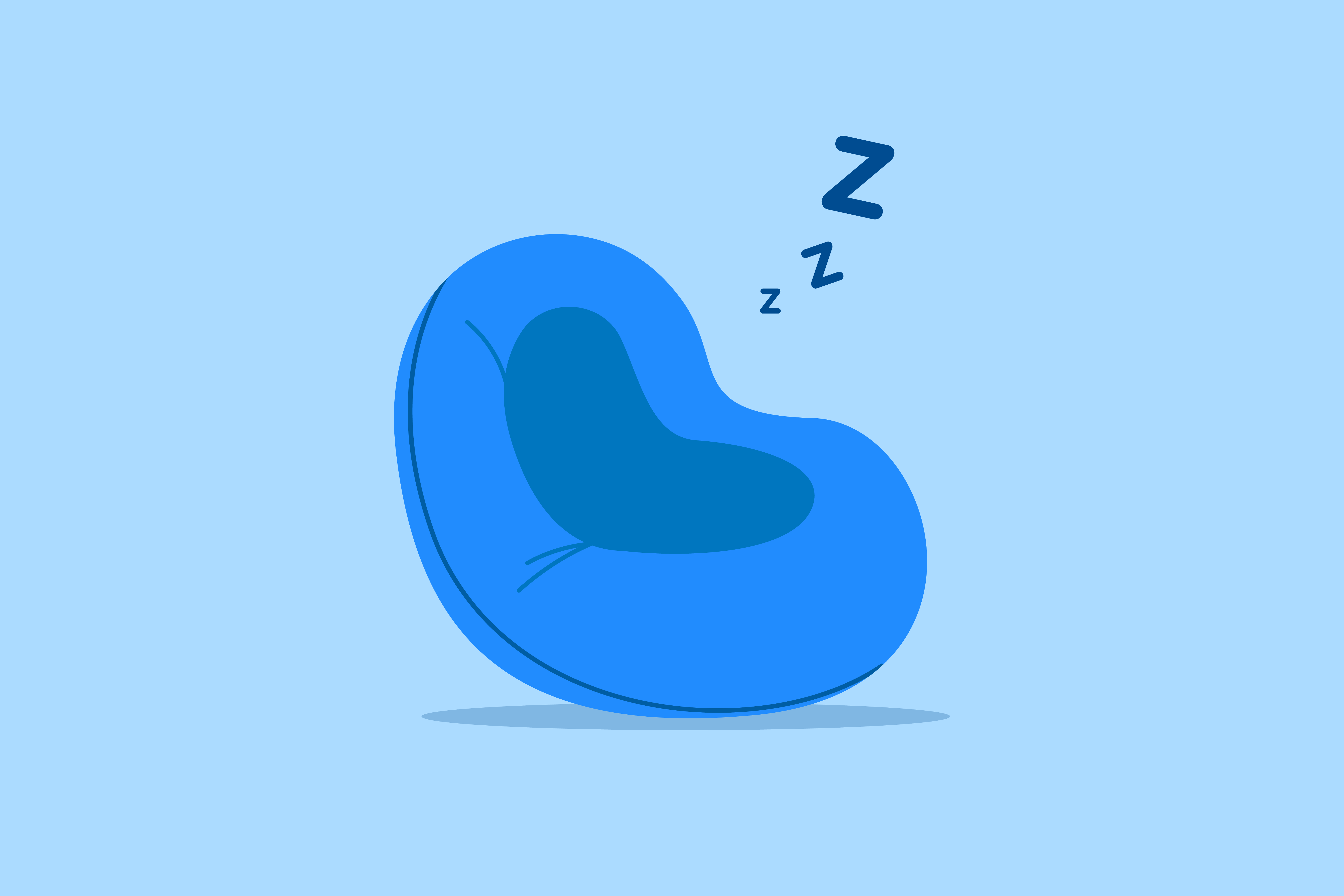Key Takeaways
- Blue Light and Melatonin Production: Blue light emitted by screens on digital devices, such as smartphones and laptops, can interfere with the body’s production of melatonin, a hormone that signals the brain to prepare for sleep. Exposure to blue light before bedtime can decrease melatonin levels and make it more difficult to fall asleep.
- Effects on Children: Children are particularly sensitive to the negative effects of blue light on sleep. Exposure to blue light before bedtime can disrupt their sleep patterns, leading to later bedtimes, reduced sleep quality, and increased daytime sleepiness. It is important for parents to establish technology-free bedtime routines for their children to promote healthy sleep.
- Strategies to Reduce Blue Light Exposure: To improve sleep quality and minimize the impact of blue light on sleep, individuals can adopt strategies such as charging phones in a separate room, avoiding working or studying in the bedroom, and watching TV in a different room. Using red night lights, dimming lights in the evening, and establishing consistent bedtime routines can also help prepare the body for sleep.
For many of us, our phones are the last thing we view before we go to sleep and the first thing we wake up to. Whether you’re scrolling social media, catching up on emails, or googling every random question that pops into your mind throughout the day, our dependence on phones is real — and it may be hurting your sleep.
Electronics and other digital technological devices often contain light-emitting diodes (also known as LEDs) to illuminate screens. While functional, this LED display emits blue light, which can cause physiological damage, particularly by decreasing melatonin levels in the body which can lead to a more alert state of mind.
“Light is one of the strongest ‘time signals’ for our clock,” notes Dr. Nayantara Santhi. “Light receptors in the eye play a key role in this signaling. It is important to have enough light during the day and less after dark. In particular getting natural light during the day is as important as limiting artificial light at night. This can go a long way in promoting good sleep.”
A 2019 study Verified Source National Library of Medicine (NIH) World’s largest medical library, making biomedical data and information more accessible. View source examined 435 adults over 21 and found that nine out of the ten participants used their smartphones at bedtime, most commonly to browse social media. The study found a link between increased smartphone use close to bedtime and poor sleep quality.
How can you prevent blue light technology Verified Source Centers for Disease Control and Prevention (CDC) Works to control/prevent natural and manmade disasters. View source from harming your sleep cycle? And what can you do to prevent or reduce sleep interruptions from all of your favorite digital devices? We’ll answer all of your questions and offer tips on boosting your sleep health below.
Why Blue Light Technology Harms Your Sleep
We’ve already mentioned that blue light technology after dark can cause your body to produce less melatonin. But why does that hurt your sleep cycle? Melatonin is Verified Source National Library of Medicine (NIH) World’s largest medical library, making biomedical data and information more accessible. View source a hormone that your body produces during the nighttime. It’s specifically triggered by darkness and acts as a signal to your brain to prepare for sleep.
When your body is exposed to light during nighttime, it can interfere with your melatonin production. This is also one of the reasons why those working overnight shifts might struggle with sleeping during the day time and develop shift work sleep disorder. Particularly since sunlight is the strongest natural form of blue light.
Although exposure to any light can interrupt your sleep cycle, blue light has the strongest effect over your sleep health. Not only does blue light decrease your melatonin production, but this type of light is also found to cause you to feel more alert, which can make it more difficult to fall or stay asleep.
What Devices Contain Blue Light?
Most of the digital devices we use every day contain some form of blue light. Cell phones, tablets, laptops, computers, LED tvs, and fluorescent lights and bulbs all emit blue light. That’s why working late, scrolling social media, or watching your favorite show right before bedtime can make it harder for your body to fall asleep.
Children Are Sensitive to Blue Light
Although blue light technology can have negative effects on sleep for anyone using digital devices at night, children are particularly affected. Children go to bed earlier than adults, thus lessening the duration of time where they’re exposed to artificial light and screens before bed. However, despite reduced time with blue light in the evenings, children have been found to be impacted by this light more significantly than adults.
A 2018 study Verified Source National Library of Medicine (NIH) World’s largest medical library, making biomedical data and information more accessible. View source found that exposure to blue light before bedtime decreases melatonin production more in children than in adults. On top of this, children exposed to blue light are more likely to experience sleepiness during the day, due to lack of sleep the previous night.
Longer screen time at night has also been linked to later bedtimes, worse sleep quality, and fewer hours of rest among children. Since sleep is crucial to a child’s development, and children require more hours of sleep than adults, this problem is particularly concerning.
Improve Your Sleep with a Technology-Free Bedroom
What can be done to prevent too much energy at night and the resulting sleep disruption from blue light devices? Since nearly all of our smart devices with screens utilize blue lights, removing these devices from your home and routines is not feasible for most. But, if you can remove them from your bedroom, you can take steps to improve your sleep. Here are a few tips that could help.
Charge Phones in a Separate Room
Having your phone in your bedroom can make it nearly impossible to avoid a screen before bedtime. It’s so easy to just double-check your email, send a quick text to a friend, set a reminder for the morning, or browse the web or social media when you’re struggling to fall asleep.
The best way to avoid the temptation of your phone is by charging it outside of your room. It may be helpful to keep your phone just outside of your bedroom, on a table in your hallway, so you can hear the ringer in case of an emergency. And, if your phone is your alarm, switch back to a plug-in alarm clock.
Never Work in Your Bedroom
Climbing into bed should feel serene, blissful, and peaceful. Typing on your laptop while under the covers may seem cozy, but it can hurt your sleep — even if you only use your laptop during the day. Associating your bed with your work can make it difficult for you to disconnect and relax, even hours later. And, if you are guilty of working at night, bringing that blue light into your sleep environment will only aggravate your sleeping issues.
The same goes for kids. Creating a separate place for them to study and complete schoolwork outside of their bedrooms can be helpful.
Watch TV in Your Living Room
Many of us like to watch TV to fall asleep, but if you’re finding you’re not feeling well-rested or going to bed later and later, your TV may be your problem. Since LED screens emit blue light, watching TV right before bed can be harmful to your rest. It’s smart to unwind and unplug from screens at least an hour before bedtime if you can help it.
Keeping your TV out of your bedroom can be a great way to minimize blue light seeping into your nighttime hours. If you don’t have a TV to turn on, you’ll be less likely to break the rules and start late-night binge-watching.
The same goes for kids. Set up a designated area for them to watch TV and play video games, ideally in a different room, so their bedroom is viewed as a place to relax and go to sleep.
Use a Red Night Light
While blue light is the most harmful to our sleep cycles, red light disturbs our circadian rhythm the least. Rather than turning on lamps or bedside lights that also emit blue light, opt for a red bulb as a night light.
And, if you have kids, a night light is most likely a necessity. Swapping the bulbs for red-hued replacements is an easy fix.
Tips for Reducing Blue Light
While a tech-free bedroom without blue light devices is ideal for improving your sleep, it’s not possible for everyone. Some of us work different shifts, have to study late at night, or need to keep our phones by our bedside. Sometimes, technology cannot be avoided.
If you can’t remove blue light-emitting devices from your bedroom or nighttime routine entirely, here are some tips for minimizing their impact on your sleep.
Dim Your Screen Brightness
Although blue light is emitted from screens regardless of the brightness, you can reduce your exposure by dimming your screens. Flip your devices to nighttime modes, reduce the brightness settings, or opt for black backgrounds with white text when possible. This way, even if you have to study or work late, you won’t be taking in quite as much blue light at night.
Be sure to also set your kids’ devices to night mode or show them how to dim the brightness to reduce harsh blue light.
Buy Blue Light-Blocking Glasses
Screens are a part of our everyday world today, at work, school, and at home. If you can’t put a cap on screen time at night, you can try to minimize the impact of blue light on your sleep by investing in blue light-blocking glasses. For the best effect, we suggest using them at night only and not during the day.
These glasses can help curb the amount of blue light your body takes in at night. Dark-tinted glasses, particularly brown or amber, may work best. You can also find these in kids’ sizes to reduce your child’s exposure to blue light.
Dim the Lights in the Evening
One small way you can reduce blue light at night is by dimming your lights. Reducing the amount of LED or fluorescent lighting in your home at night can have a major impact on your sleep quality. Investing in dimmer bulbs and lamps or even smart bulbs that automatically dim at a set time every night. This can also help prepare you mentally for bedtime as it approaches.
Create a Bedtime Routine
Having a regular routine you follow before bed can help alert your body that it’s time for sleep. If possible, unplug from screens and phones at least an hour before bed to give your body a break from blue light.
Incorporating a relaxing ritual into your bedtime routine can also help prepare your body for rest. This could include journaling or reading. Try to follow your routine at the same time every night — even on weekends — to help your body sync up with your bedtime schedule.
For kids, a bedtime routine can be particularly helpful, so they know exactly when they’re expected to go to sleep. It can be hard to pry a tablet from a child on a whim, but if they know they’re not allowed access to screens while getting ready for bed, it can be much easier to maintain.
Frequently Asked Questions
Why shouldn’t you use electronics before bed?
Using electronics before bed can interfere with your body’s natural sleep-wake cycle. The blue light emitted by screens can suppress the production of melatonin, making it harder to fall asleep. Activities like checking emails or scrolling through social media can stimulate your mind, making it harder to relax and fall asleep.
How far away should your phone be when you sleep?
It is recommended that you keep your phone at least an arm’s length away, but ideally 3 feet away, from you when you sleep. This can help reduce exposure to the blue light emitted by the phone and minimize any potential disruptions from notifications or alerts that might wake you up during the night. If possible, it’s best to have your phone switched off entirely.
How long should you go without electronics before bed?
It is recommended that you go without electronics for at least an hour before bed to help prepare your body for sleep. This can help your brain wind down and reduce the impact of the blue light on your sleep. If you can cut out electronics even earlier in the evening, you may find it easier to fall asleep fast.
What can I use instead of electronics before bed?
There are many alternatives to playing with electronics before bed. Try reading a book, taking a warm bath or shower, or practicing relaxation techniques and breathing exercises. These activities can help you relax and prepare your body for sleep.
How many hours a day should I be on electronics?
It is recommended that children and teenagers spend no more than two hours a day on electronics, while adults should aim for no more than four hours a day. Adults who use electronics during the work day should try to minimize electronic use during their leisure time.
Too much time on electronics can lead to problems like sleep disturbances, eye strain, and physical inactivity.
Does having a TV in the bedroom affect sleep?
Yes, having a TV in the bedroom can affect sleep. The light and noise from the TV can be overstimulating and make it harder to fall asleep. Additionally, watching TV in bed can create a strong association between the bedroom and wakeful activities, making it harder to drift off at night.
Conclusion
In conclusion, our dependence on phones and other digital devices before bed can negatively impact our sleep due to the blue light emitted by these devices, which can decrease melatonin levels and make it harder to fall asleep. To improve sleep quality, we suggest charging phones in a separate room, avoiding remote working in the bedroom, and watching TV in the living room instead of the bedroom.
Additionally, using a red night light and practicing good sleep hygiene, such as establishing a bedtime routine and dimming lights in the evening, can help reduce the impact of blue light on sleep. While a tech-free bedroom is ideal, minimizing blue light exposure and finding ways to unwind without screens before bed can significantly improve sleep health.
About the author
Courtney Johnston is a seasoned freelance writer and editor with over 10 years of experience in publishing digital content. Her areas of expertise include personal finance, small business, and health and wellness. With her work published in reputable outlets such as The Chicago Tribune, MSN, AOL, The Motley Fool, Benzinga, The Balance, Best Reviews, and The Culture Trip, Courtney brings a wealth of knowledge and a strong editorial background to her writing.
View all posts





